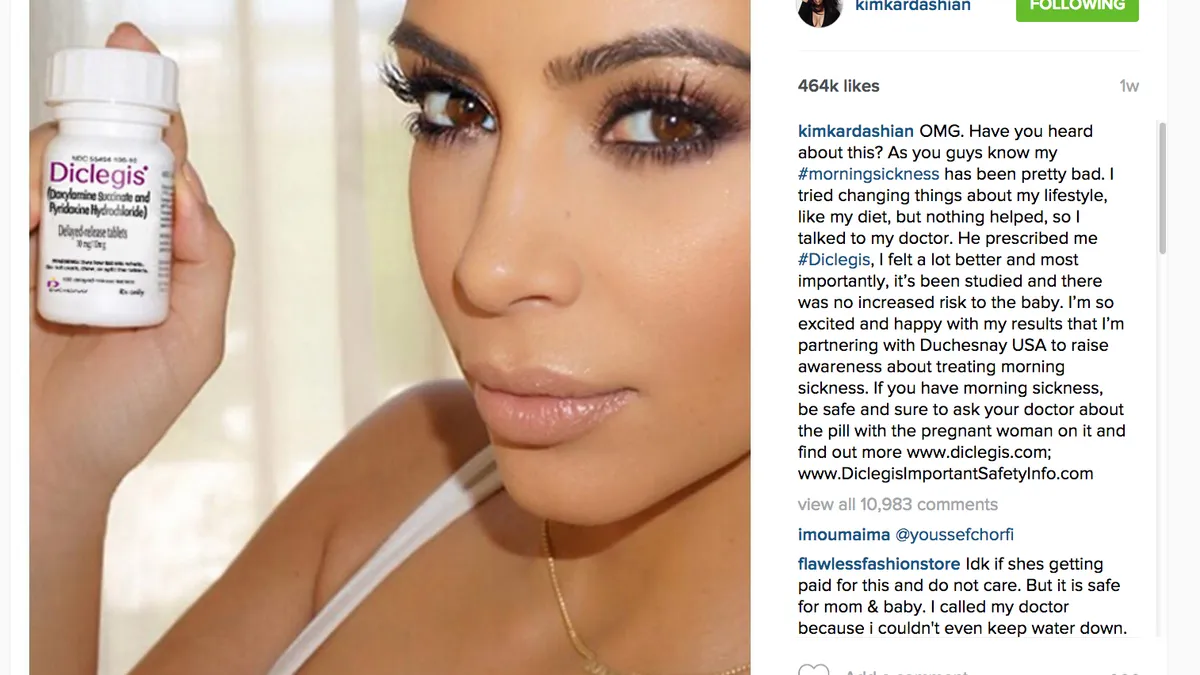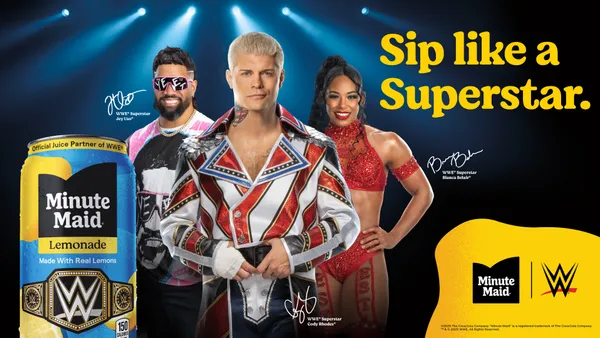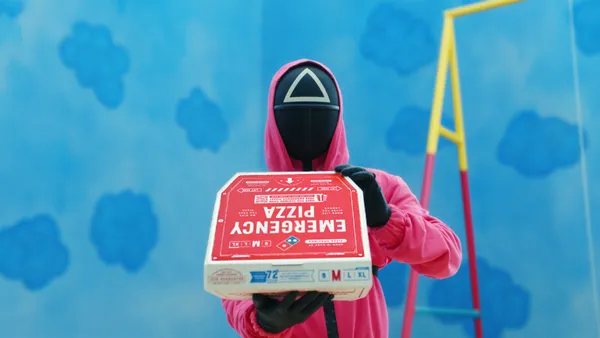Dive Brief:
- In a new tactic from the Federal Trade Commission, it is now taking aim at social media celebrity influencers on Instagram, per Business Insider.
- The federal agency announced it sent 90 letters to celebrities, athletes and social media stars with the warning they must properly disclose paid Instagram posts.
- In part the FTC’s statement on the letters to influencers read, "In addition to providing background information on when and how marketers and influencers should disclose a material connection in an advertisement, the letters each addressed one point specific to Instagram posts — consumers viewing Instagram posts on mobile devices typically see only the first three lines of a longer post unless they click 'more,' which many may not do."
Dive Insight:
Social influencer marketing is growing quickly but there are few standards or commonly accepted best practices in place, including how to communicate that content is sponsored by a brand. In the past the FTC has investigated and censured brands for campaigns that did not clearly disclose the marketer's relationship with influencers. Brands previously sanctioned by the FTC include Lord & Taylor and Warner Bros.
By going directly at influencers, the FTC is expanding the scope of its battle to ensure paid social media posts are clearly labeled as advertisements. As many influencers work independently or as part of loosely formed alliances, receiving a letter from the FTC could be intimidating as these individuals do not have the legal or financial resources required to represent themselves against any legal actions in the way that big brands do. For this reason, the FTC's new strategy could be more effective at bringing about change than its previous approach was.
The challenge for influencers is calling out their relationships with brands in a way that is clear without being intrusive.
The news is the latest sign that influencers are under increasing pressure as their businesses grow. YouTube recently made it harder for content creators to monetize their channels by requiring they have 10,000 viewers before being eligible to run ads. While the move was positioned as helping YouTube reign in offensive content, it is likely to hurt some micro-influencers, which is a growing area of focus for brands.
Last September a group of organizations including Public Citizen, the Center for Digital Democracy, Commercial Alert and the Campaign for a Commercial-Free Childhood lobbied for the FTC to take this very step asking for an investigation into celebrity influencer campaigns on Instagram that failed to properly disclose the paid nature of the posts.














